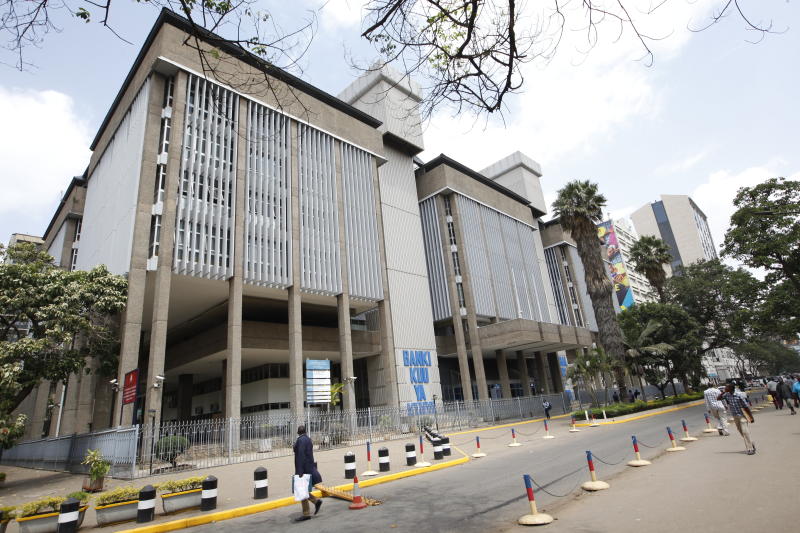×
The Standard e-Paper
Informed Minds Prefer The Standard

The Central Bank of Kenya has come under greater scrutiny over its ability to control the banking sector following the new push to prosecute bank executives over the Sh8 billion National Youth Service (NYS) scandal.
The theft of funds at NYS happened right under the nose of the regulator, with the movement of unusually large sums of money expected to have raised CBK’s suspicion.